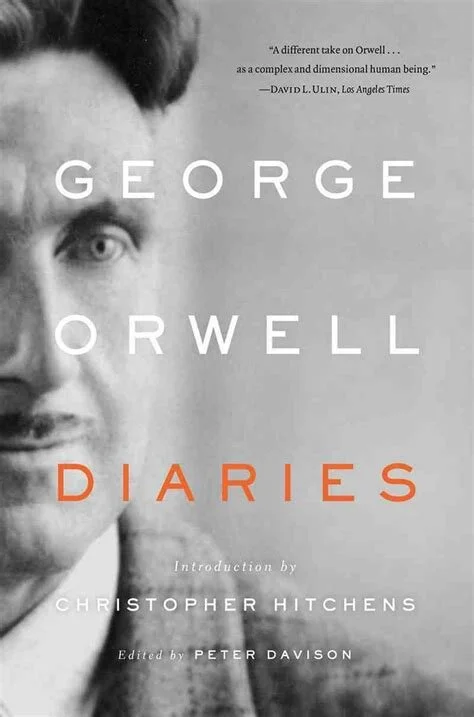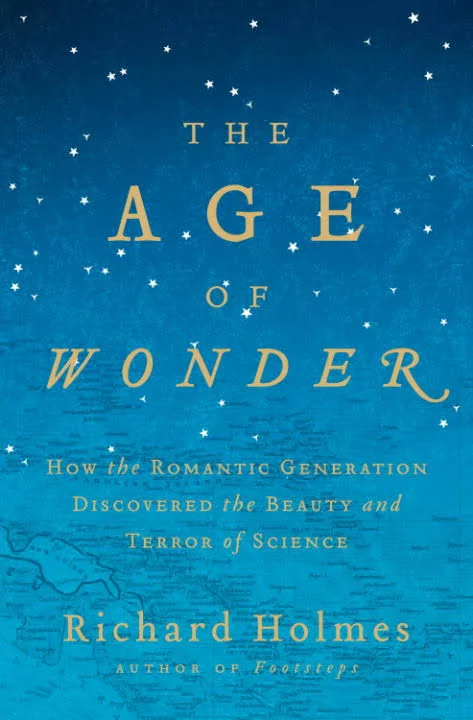All in Biography
Stephen Budiansky's “BLACKETT'S WAR: THE MEN WHO DEFEATED THE NAZI U-BOATS AND BROUGHT SCIENCE TO THE ART OF WARFARE”
Blackett’s War is an uneven but very interesting account of how basic science and engineering techniques, now called “operations research” or “operational research,” were applied to solving military problems during World War II.
Donald Mallick's “THE SMELL OF KEROSENE; A TEST PILOT'S ODYSSEY”
Mallick’s book is a tour of post-WWII 20th-century US aviation like none other I’ve ever read. Here’s a pilot who has flown Cessnas, early jets, helicopters, the doomed XB-70, lifting bodies, lunar landing training platforms, the B-52, and the YF12 Blackbird, all on behalf of NASA or its predecessor NACA.
Evan Thomas' IKE'S BLUFF: PRESIDENT EISENHOWER'S SECRET BATTLE TO SAVE THE WORLD
Thomas’ thesis is that Ike kept the world from sliding inexorably into a civilization-ending World War III through deft avoidance of direct conflicts with China and Russia.
Richard Holmes' THE AGE OF WONDER: How the Romantic Generation Discovered the Beauty and Terror of Science
This book covers the development of British science from the time of Cook’s famous voyage (which stopped at Tahiti) up to Darwin’s Beagle voyage. It concentrates on a few key luminaries (the Herschels, Davy, Mungo Park, Farady, Banks) and at the same time explores the relationship, sometimes synergistic, between art and science.
Conor Cruise O’Brien's FIRST IN PEACE: HOW GEORGE WASHINGTON SET THE COURSE FOR AMERICA
This little book is organized around George Washington’s first and second terms as U.S. President. The first chapter concentrates on the relationship between Washington and his Secretary of State, Thomas Jefferson. The second focuses on the visit to the U.S. by Edmond-Charles Genêt, also known as “Citizen Genêt,” whose job it was to secure support from the American people for the French Revolution.
Osamu Tezuka's BUDDHA (volumes 1-8)
My knowledge of Buddhism and the Buddha is minimal. I approached this 8-volume manga series purely out of curiosity when I saw it sitting on the shelf in the graphic novels section of the Alexandria Public Library.
Lisa Jardine's INGENIOUS PURSUITS: BUILDING THE SCIENTIFIC REVOLUTION
Late 17th Century London and the Royal Society provide the setting for this book. It concentrates on the “great men” who created modern Western science.
Richard Current's “THE LINCOLN NOBODY KNOWS”
Not only are the topics interesting and historically relevant, but the process used by the author allows us to clearly understand opposing views and interpretations. When one is faced on a daily basis by media that spin political messages and truth, seeing a serious evidence based analysis of still-important historical issues is refreshing.



















